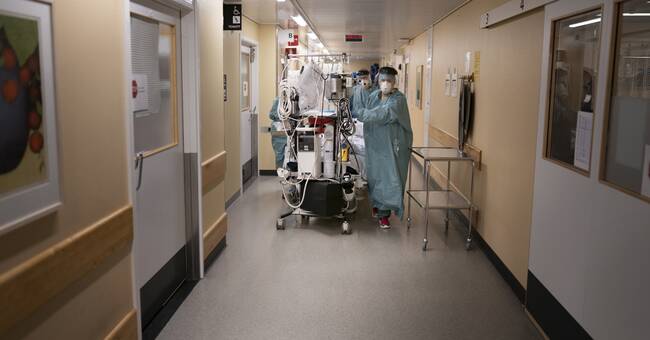The Lex Maria report made by Sahlgrenska University Hospital to IVO, the Swedish Health and Care Inspectorate, states that important treatment measures were not taken and that the course of events "could probably have been avoided".
The patient, whose identity is classified, had come to the hospital with acute abdominal pain.
He was admitted for surgery, during which it turned out to be a major infection and tissue death.
Did not act
After the operation, the patient's condition deteriorated severely, but the staff did not act according to the existing routines.
- We have found shortcomings.
This applies to some people in a constellation where they did not understand how so-called vital parameters should be interpreted.
This should not be able to happen and is of course completely unacceptable, says chief physician Thomas Brezicka.
Vital parameters are signs of how a body feels - heart rate, blood pressure, respiratory rate, body temperature, level of consciousness and more.
- We have a system for regularly checking these values, which are scored.
The total values are monitored over time.
The outcome determines how often checks should be made and when to sound the alarm if it goes in the wrong direction, Thomas Brezicka explains.
- This has not really been understood in this case, he adds.
The help came too late
The result was a greatly delayed processing.
Once the help was deployed, it was too late.
The patient died of blood poisoning.
- This is a combination of the fact that they (the staff, editor's note) have not understood the seriousness and may not have understood how they would have acted, says Thomas Brezicka.
Now the hospital will try to ensure that the level of knowledge is at its peak - where it should be.
- There are no completely one hundred percent systems.
But we will do what we can to minimize the shortcomings and ensure competence, says the chief physician.

